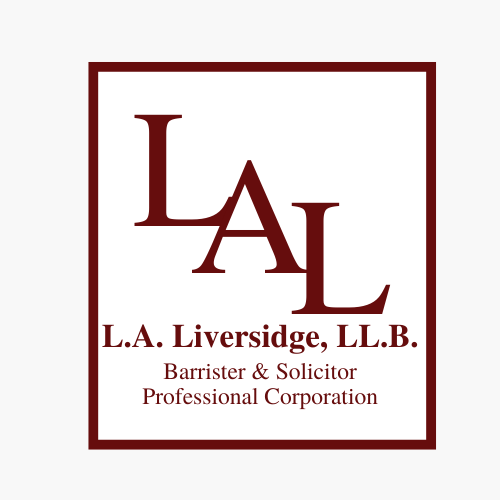Adjudicative approach document
Novel coronavirus (COVID-19) claims
March 23, 2020
Entitlement
A worker is entitled to benefits for COVID-19 arising out of and in the course of the worker’s employment.
Claims for COVID-19 will be adjudicated on a case-by-case basis. In all cases, entitlement decisions for COVID-19 must be based on the merits and justice of the case, taking into account all of the facts and circumstances relating to the case.
Purpose
The purpose of this adjudicative approach document is to provide entitlement guidelines for claims for COVID-19. Due to the emerging and evolving nature of COVID-19, this document may be updated when appropriate as more information on COVID-19 becomes available.
Guidelines
Determining entitlement
In determining the work-relatedness of COVID-19 claims, the decision-maker will consider whether:
- the nature of the worker’s employment created a risk of contracting the disease to which the public at large is not normally exposed; and
- the WSIB is satisfied that the worker’s COVID-19 condition has been confirmed.
If established, the above will generally be considered persuasive evidence that the worker’s employment made a significant contribution to the worker’s illness. Claims which do not meet these guidelines will be reviewed on their own merit, having regard to circumstances of the individual case.
Gathering evidence – factors to investigate
When determining entitlement, the non-exhaustive list of factors below should be investigated. These factors are meant to provide guidance about what objective questions to explore in the information-gathering phase of adjudication. Depending on the individual case, it may not be
necessary to explore all of them, and other relevant factors may also be identified:
a) The nature of the worker’s employment created an elevated risk of contracting COVID-19
- Has a contact source to COVID-19 within the workplace been identified?
- Does the nature and location of employment activities place the worker at risk for exposure to infected persons or infectious substances?
- Was there an opportunity for transmission of COVID-19 in the workplace via a compatible route of transmission for the infectious substance?
b) The worker’s COVID-19 condition has been confirmed
- Are the incubation period, the time from the date of exposure and the onset of illness, clinically compatible with COVID-19 that has been established to exist in the workplace?
- Has a medical diagnosis been confirmed? If not, are the worker’s symptoms clinically compatible with the symptoms produced by COVID-19? Is this supported by an assessment from a registered health professional?
Weighing the evidence
In considering entitlement for COVID-19, a decision-maker must gather all of the relevant information in order to assess and weigh each piece of evidence to determine whether the worker’s COVID-19 is work-related.
The key issue to be determined, as part of the assessment of work-relatedness, is whether the worker’s employment duties or requirements were a significant contributing factor in the worker contracting COVID-19.
Claims will be reviewed on their own merit, having regard to circumstances of the individual case.
When assessing the level of risk to the worker, and work-relatedness more generally, the decision-maker should consider information gathered as part of the assessment of the factors above, but also any other information that may have bearing on decision-making, such as information about the work environment, work processes, job tasks, and use of personal protective equipment.
Symptom-free workers
The WSIA does not provide coverage for workers who are symptom-free even when quarantined or sent home on a precautionary basis. However, should a symptom-free worker develop symptoms or illness while in quarantine, they may be eligible for WSIB benefits.
Employers and/or workers may choose to voluntarily report COVID-19 exposure through the WSIB’s Program for Exposure Incident Reporting (PEIR) program.
